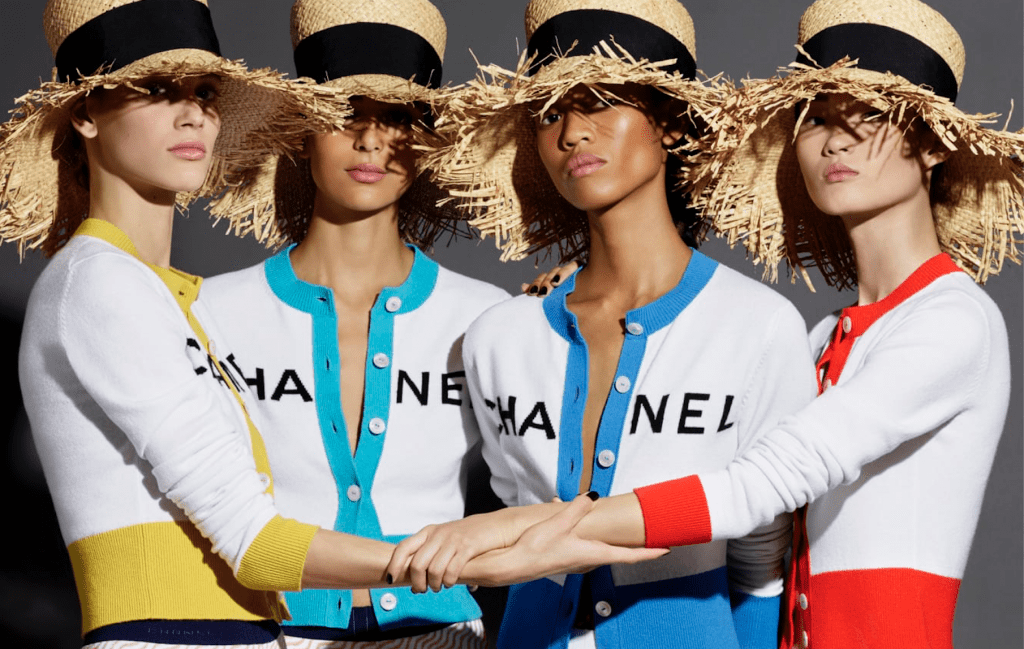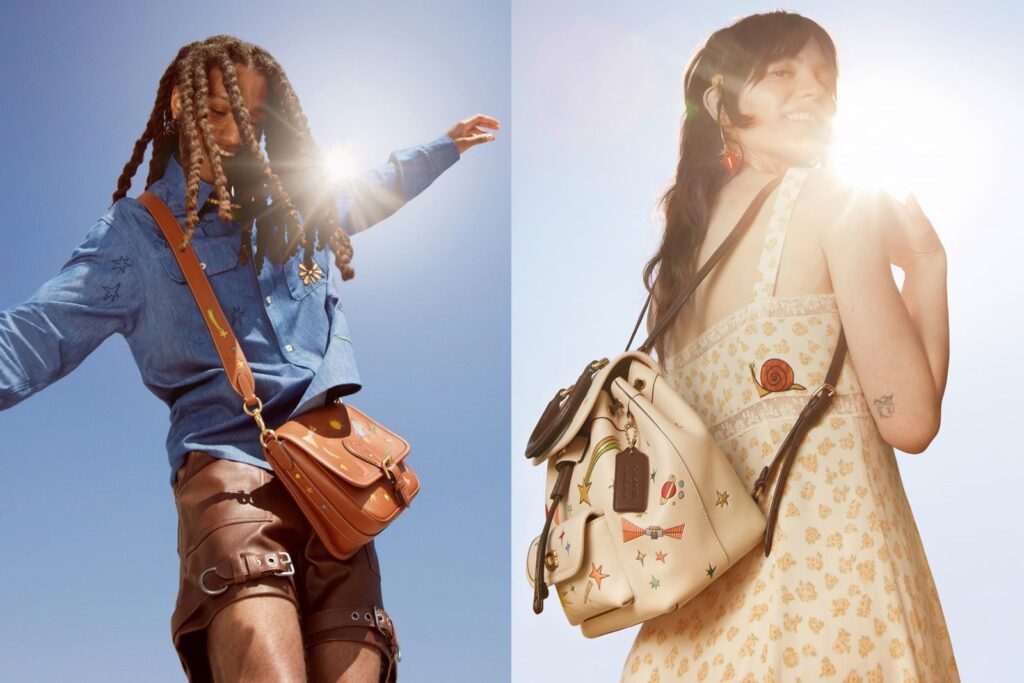In its second-ever revenue report, Chanel revealed that it brought in $11.12 billion in sales in 2018, up 10.5 percent from the year prior, while net profits climbed 16.4 percent to $2.17 billion. The reported growth – which takes into account sales of the brand’s ready-to-wear business, accessories, and cosmetics, including its world-famous Chanel No. 5 fragrance – was driven by strong growth in the Asia-Pacific region, where it saw a 19.9 rise in annual sales, compared to 7.8 percent in Europe and 7.4 percent in the Americas.
The Paris-based brand made its annual results publicly available for the first time in its 110-year old history last June, announcing that it had brought in $9.62 billion in sales, up 11 percent from 2016. The move to be more transparent initally came after the Paris-based brand’s CEO Philippe Blondiaux said last year that the lack of information out there about Chanel’s bottom line has led “to the circulation of false or misleading information.” (Media outlets have questioned whether the move is aimed at putting Chanel on the selling block in the not too distant future, something the brand has routinely shot down).
By virtue of its private ownership, Chanel is held and controlled by billionaire brothers Alain and Gerard Wertheimer, whose grandfather helped launch the brand with Gabrielle “Coco” Chanel in the early 1900s, the company is not legally required to reveal its revenues on a quarterly or annual basis.
The revenue figures place Chanel neck-and-neck with Louis Vuitton,” which has long held the title of the most valuable luxury brand in the world. As for whether Chanel has actually outpaced Vuitton, that remains unclear. LVMH Moët Hennessy Louis Vuitton does not reveal revenue for its individual brands, but Forbes estimates, as of May 2018, that Louis Vuitton’s annual revenue is $12.9 billion, which would put it directly ahead of Chanel. Other sources, such as Reuters, said at the time that Louis Vuitton’s sales are lower, and closer to $9.2 billion.
One thing that is clear: Chanel is not preparing for a sale. “We’ve got to live with the fact that we are one of the most desirable brands in the market. These rumours will unfortunately keep coming back on a regular basis,” said Blondiaux. “Chanel needs to remain independent, in order to have the freedom to make choices that go against the grain, such as no longer using exotic animal skins, or by harmonizing prices.”











